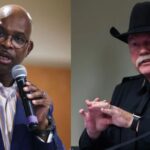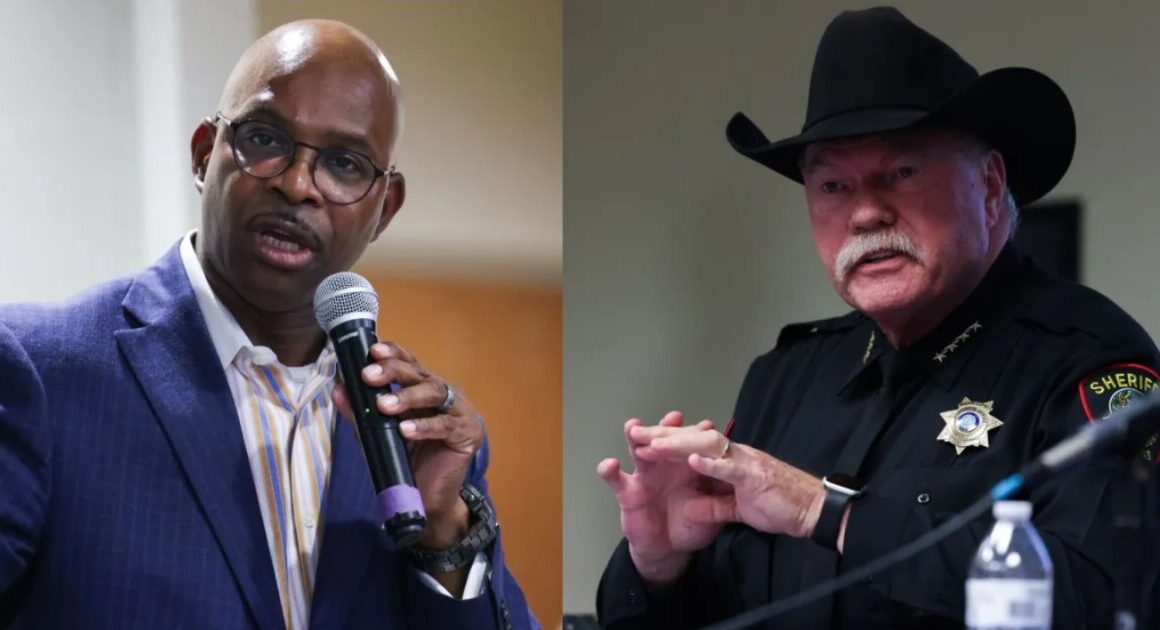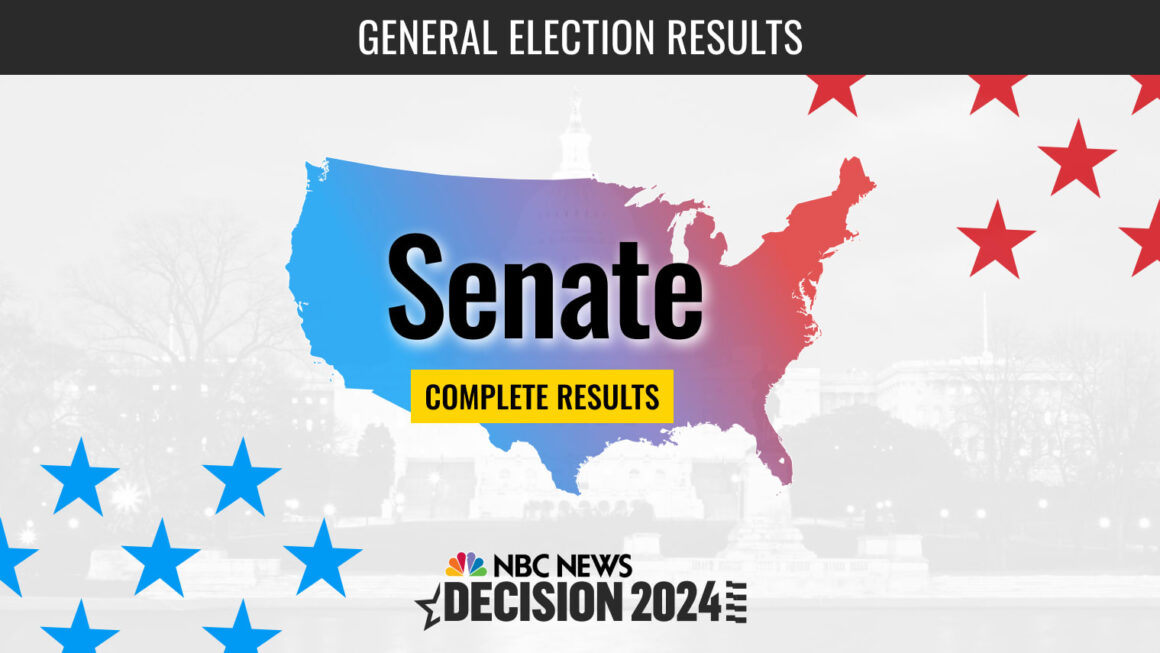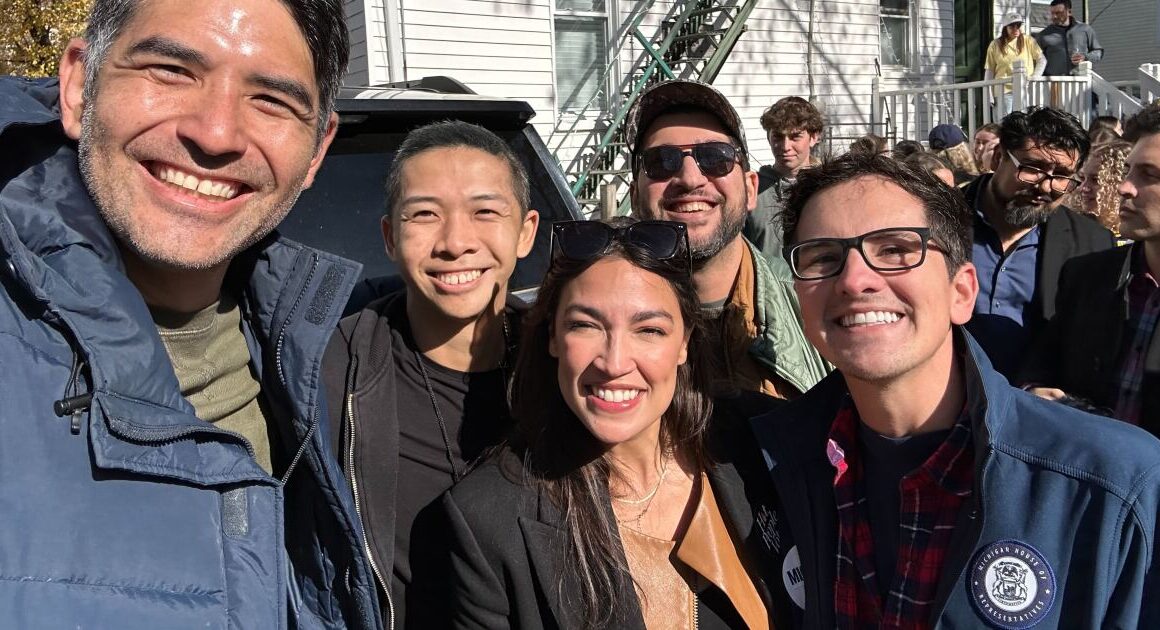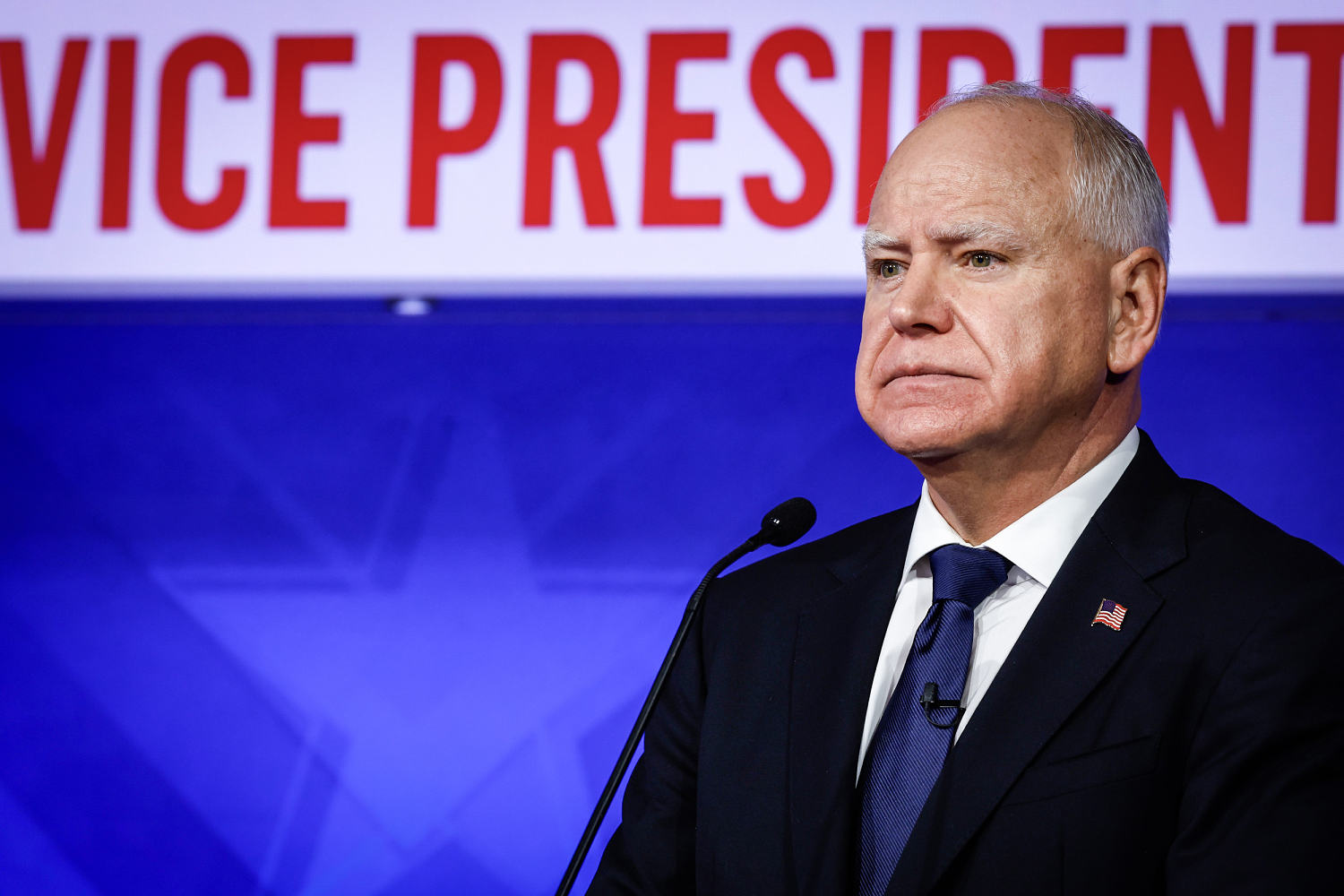
Minnesota Gov. Tim Walz had an awkward moment at Tuesday’s vice presidential debate when moderator Margaret Brennan asked him to respond to a report that he was not in Hong Kong during the Tiananmen Square protests in 1989, contradicting a claim he has made on multiple occasions.
Walz initially responded by sharing various unrelated details of his past as a teacher and a politician and describing himself as “a knucklehead at times,” but he did not acknowledge the specific discrepancy: Though Walz did travel to Hong Kong and China later that year, he did not arrive in either country until months after the protests. Pressed again by Brennan, he then said, “I got there that summer, and misspoke on this.” But then, confusingly, he proceeded to seemingly reverse his clarification: “I was in Hong Kong and China, during the democracy protests, went in.”
The strange pattern continued at a campaign stop in Pennsylvania the next day. Walz both admitted again that he had misspoken and subsequently repeated a misstatement about being in Hong Kong during the democracy protests.
What’s going on?
The most charitable explanation is that Walz genuinely misremembered his timeline. Those protests happened between April and June of 1989. According to Walz’s corrected timeline, he traveled first to Hong Kong — then a British colony — in August, and then mainland China for a teaching gig. It is conceivable that Walz scrambled the order of events tied to a distant memory. For a visiting American that August, the political discussion, travel warnings and emotions surrounding the vicious crackdown on the recent protests must’ve been top of mind. The less charitable explanation is that Walz fudged the facts in order to make himself look more intrepid.
Either way, Walz has been corrected publicly multiple times now and he is still causing a mess with language that suggests he was somewhere he wasn’t. He seemingly tried to brush this off during the debate as getting “caught up in the rhetoric.” But at this point it’s not excusable.
Let’s be clear: There is absolutely no equivalence between Walz’s small-scale false statements and Donald Trump, JD Vance and their allies’ gigantic fascistic fabrications about issues such as election results and the dietary habits of immigrants in Ohio. But “not Donald Trump” is not an acceptable standard for any politician. Walz ought to get his story straight and speak clearly to the American people. This is all the more important because embellishment about his personal life seems to be something of a habit for him. That the Republican presidential ticket is made up of agents of mass deception does not relieve Walz of his burden to speak honestly — it only makes it more significant.
This isn’t the first time Walz has faced controversy for inaccuracy about his personal biography. He exaggerated the rank he held at retirement from the Army National Guard. He has also falsely suggested that he saw combat by stating that he carried weapons “in war,” but he has not. (NBC News reports that his time in the military included “serving overseas and supporting forward units, but he was not deployed to a combat zone.”)
Walz also misstated his family’s experience with fertility treatment. As in vitro fertilization (IVF) came under attack from conservatives earlier this year, Walz said that he and his wife had their daughter through IVF. But more recently Walz’s wife said in a statement that they relied on a different process called intrauterine insemination, or IUI, which involves putting sperm directly into the uterus. As PBS notes, “IUI is often attempted before IVF but doesn’t face the same level of political controversy because it doesn’t risk destroying unused embryos that anti-abortion advocates say equate to unborn children.” Both are forms of assisted reproductive technology, and fertility doctors say they’re often conflated, but they do have different political valences. In other words, this is another case where Walz could’ve made a sincere mistake, but he also could have seen it as politically advantageous to misrepresent his experience.
A public servant must be honest about factual matters on the level of principle — making false statements undermines trust in government. That it’s not uncommon for some politicians to embellish their accomplishments doesn’t change the fact that it’s also bad politics. Walz’s little misstatements may be tiny next to Trump’s serial mendacity, but they still end up providing ammo to Walz’s opponents — accusations of stolen valor or phoniness. They also distract from the issues that Walz is right to draw attention to. Walz does not need to say he had front row seats to the Tiananmen Square protests to persuade the public of his knowledge of foreign affairs or credibly make his crucial points about engagement with China. He does not need to have personally relied on IVF to make the case for defending it. He doesn’t need to imply he served in war to convince people he knows his way around guns or sound more authoritative on gun control.
Walz has strikingly high favorability with the American public so far, in no small part because his persona is that of the genuine, salt-of-the-earth kind of politician. But if he keeps up with these embellishments he will squander what may be his most valuable asset.
![]()

